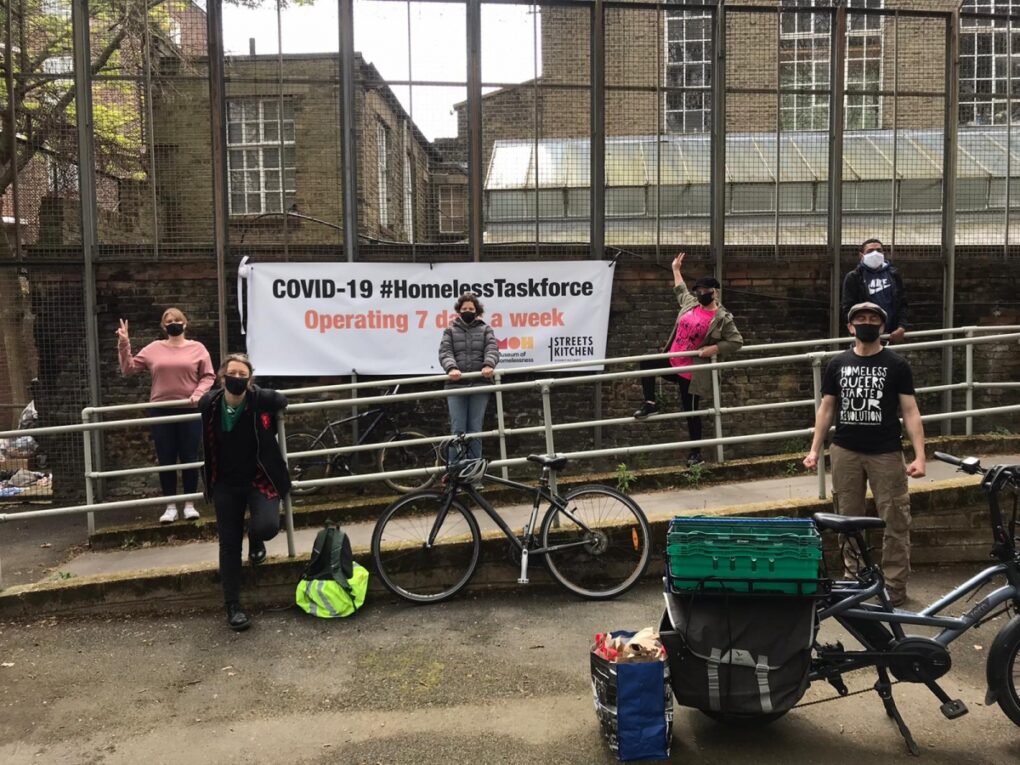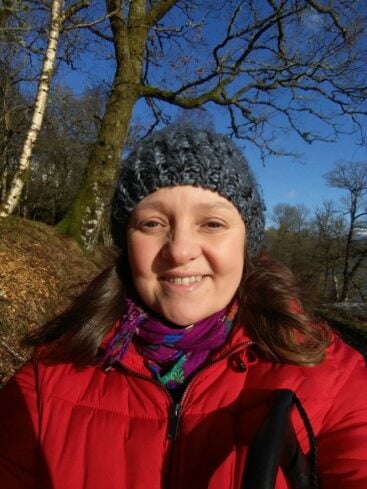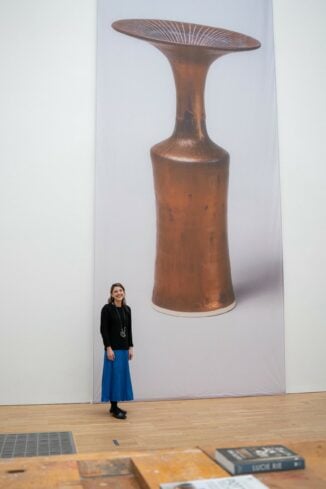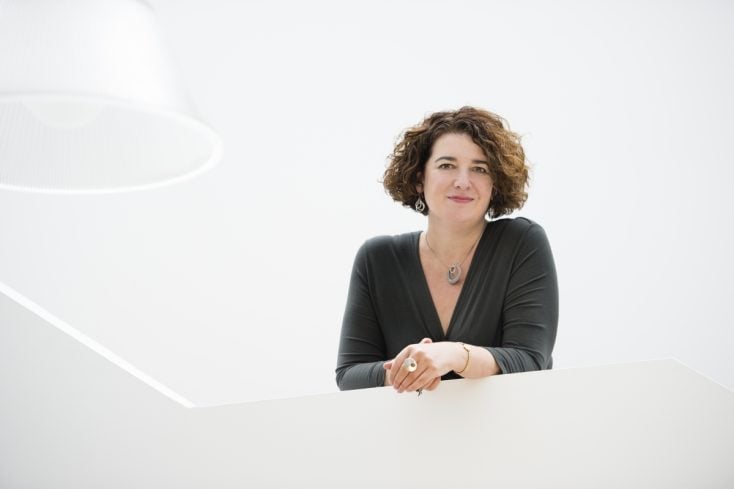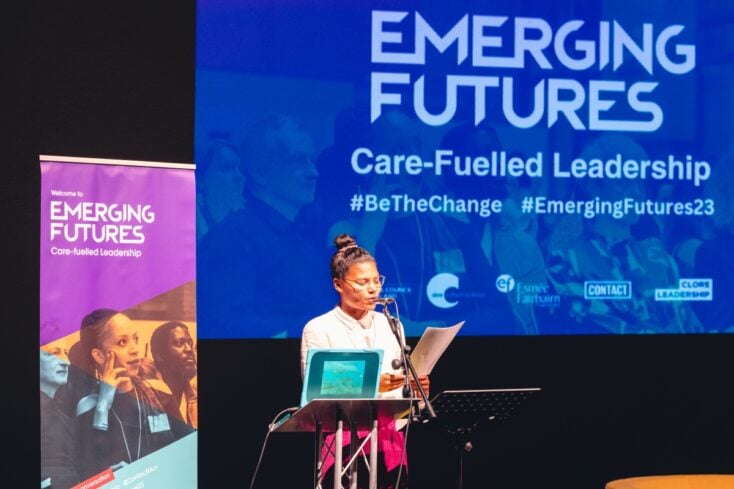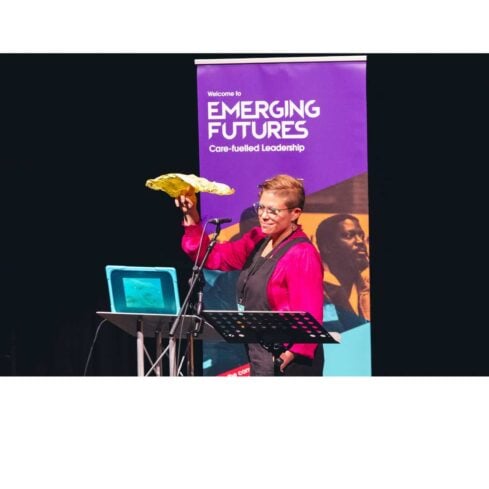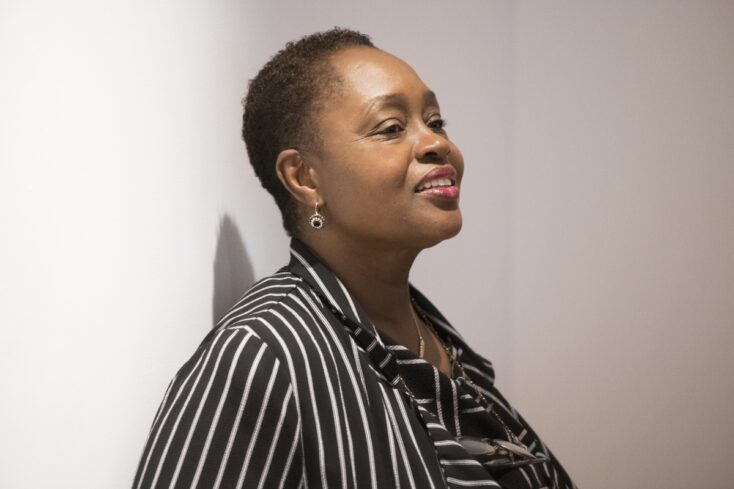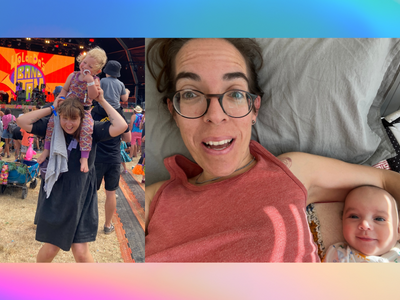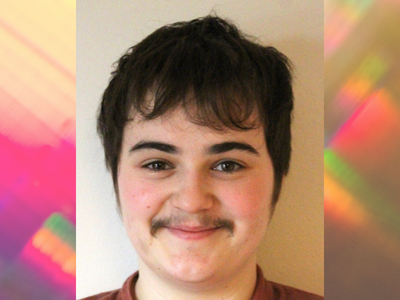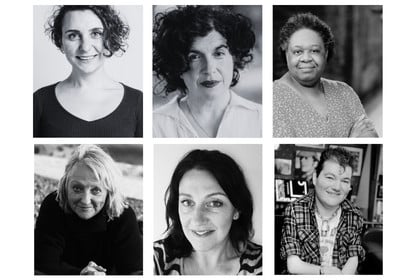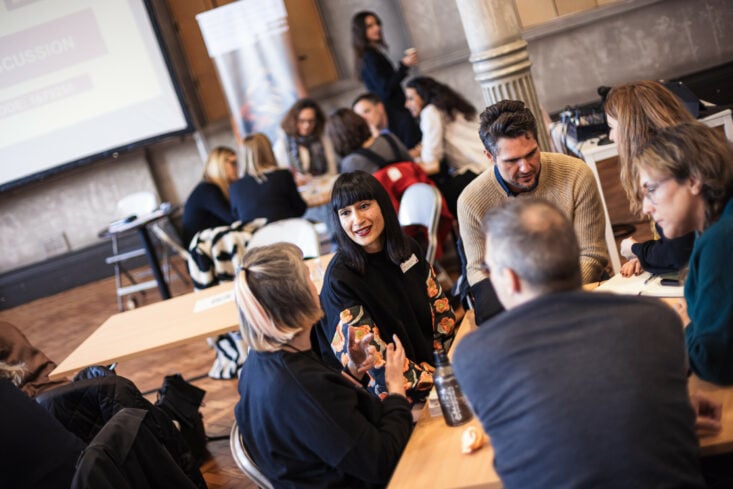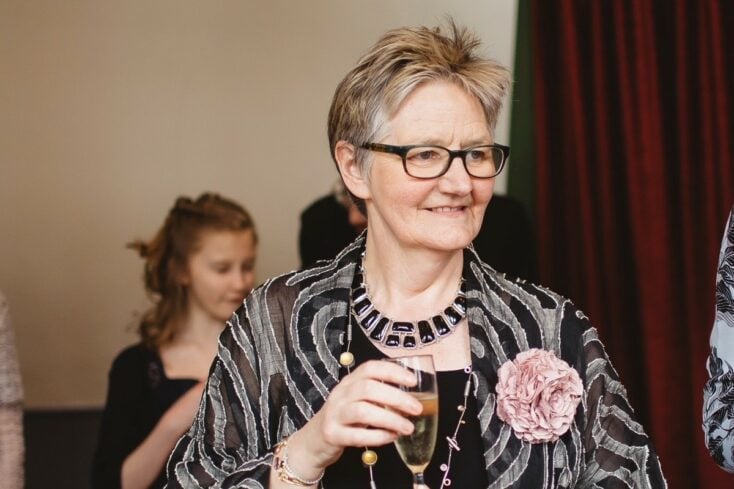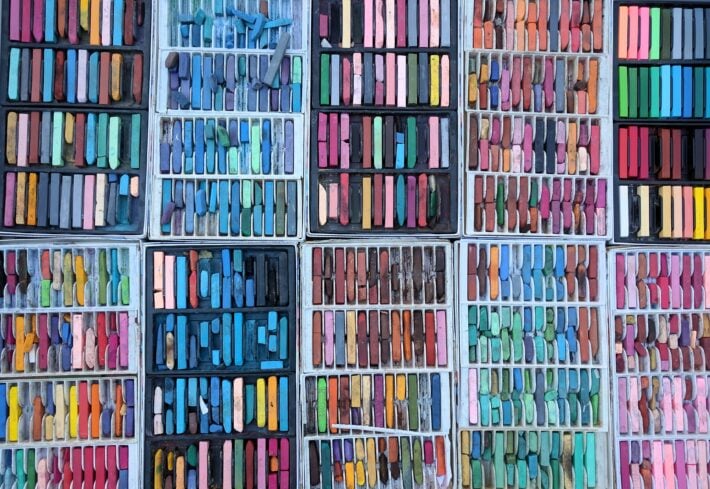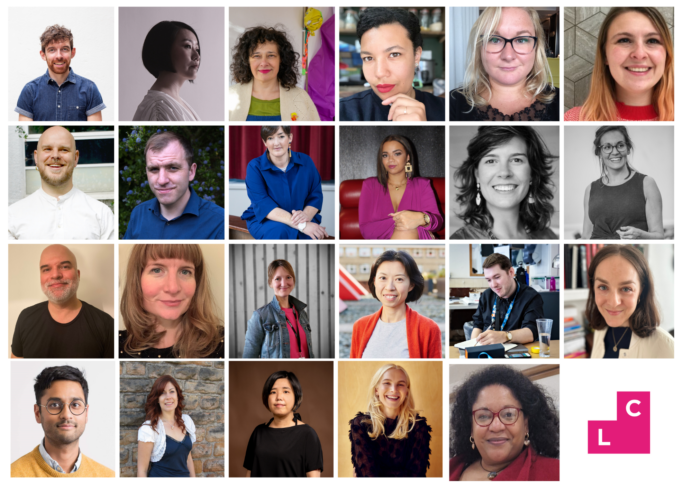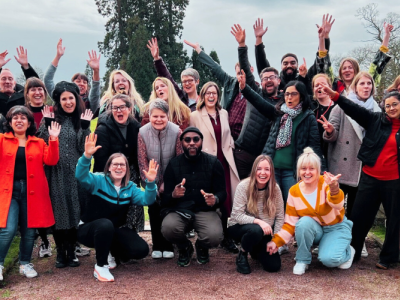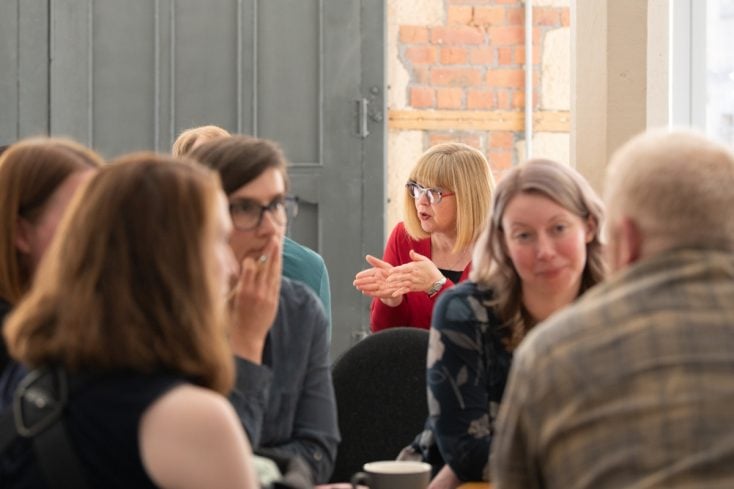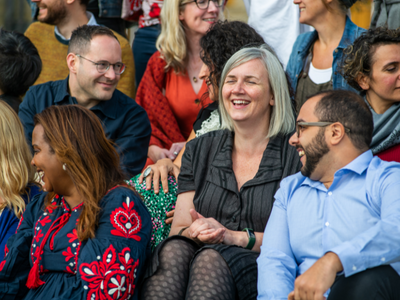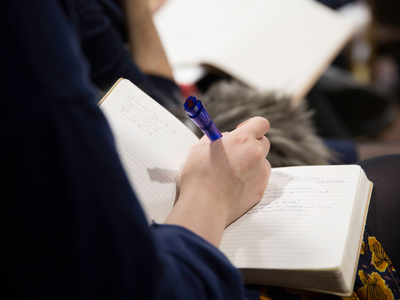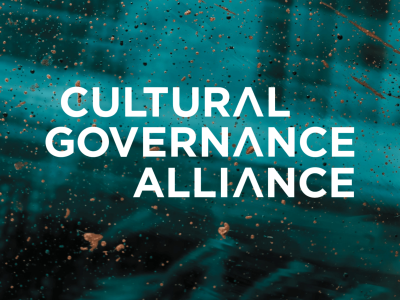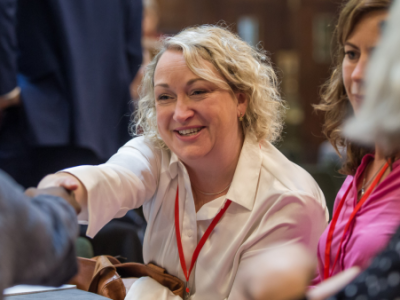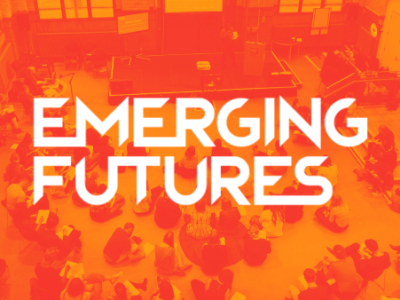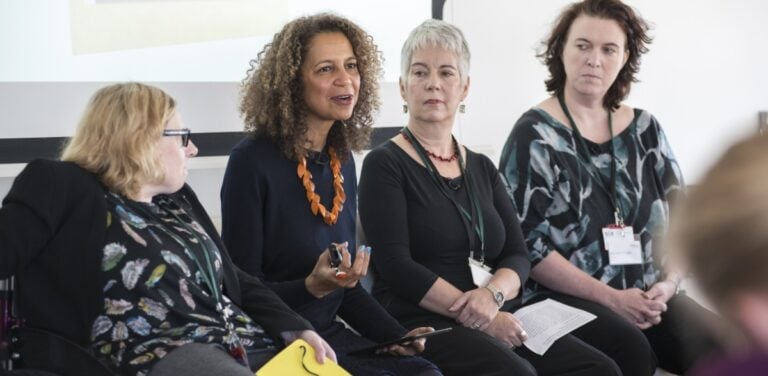How Museum of Homelessness transformed to respond to Covid-19
In March 2021, Museum of Homelessness was named as one of four organisations to receive the Award for Civic Arts Organisations, a joint initiative between the Calouste Gulbenkian Foundation and King’s College London.
The recipients were London based organisation, Heart n Soul, who received the main award of £75,000; and Inverness based Eden Court and The Whitworth in Manchester, alongside London’s Museum of Homelessness, each receiving £25,000.
The awards were set up in response to the changes brought on by the COVID-19 pandemic. In spite of the considerable difficulties that museums, galleries and arts organisations have been facing, many organisations have responded with resourcefulness and innovation.
Jessica Turtle, Co-founder of Museum of Homelessness with Matt Turtle, spoke to Clore Leadership about their pandemic response, learnings from the past year, and plans for upcoming projects.
You transformed Museum of Homelessness fantastically during the pandemic – can you walk us through the changes you made?
We certainly did make big changes – pausing all our creative work for 12 months and redirecting resources to practical support and campaigning; running a 7 day a week hub in lockdown one; running street support throughout the winter; spending Christmas Day with everyone in Trafalgar Square; setting up a street museum to tackle the far right hostility towards migrants. But it wasn’t me who did it, it was the community that transformed the museum during the pandemic. We have an amazing community of people, many of whom have been homeless or still are, who make decisions about what the charity should do. For all of us it was a no brainer. When the biggest crisis of a generation hits the world, you have to respond.
Were there any lightbulb moments along the way? Memorable catalysts that changed or cemented your direction?
We were running a creative drop-in and breakfast club with our partners Streets Kitchen in early March 2020. We were screening our community members and we realised that if someone who was homeless did present with symptoms there would be nowhere for them to self-isolate. That was a sobering and frightening moment. The next day we wrote to the Secretary of State to recommend a plan for homeless people and by the end of the week we’d formed the UK’s only COVID-19 homeless taskforce. After that it was an adrenaline rush of putting as much in place as possible to save lives and uphold people’s basic human rights.
What resources did you draw upon to bolster your resilience – personally and professionally – during that time?
I would say resilience came from two sources. One is simply, each other. In March 2020 we formed a taskforce of groups and orgs which includes the MoH team and our long-term grassroots allies Streets Kitchen, the Outside Project and Simon Community. We worked together on the frontline seven days a week, in solidarity with the community. Having a shared clarity of purpose and a sense of action really helped in the uncertain moments. Another is our supporters and funders. The community response was amazing and the rapid response from some of our funders was a real morale boost when we needed it. In practical terms, we also have reflective practice built into our organisational processes, where we meet once a fortnight with a clinical trauma specialist to unpack what’s going on for us all.
A year on, what insights do you have about transforming projects and organisations that you didn’t have this time last year?
We’ve learnt a lot about risk. We took huge risks during the pandemic, setting up an emergency aid hub with so many unknowns – and our governance structures were robust enough to support the risk. Our board has been amazing and it was the right thing to do. It paid off because I think we literally saved lives and, in addition, our organisation has developed so brilliantly through it. It wasn’t the reason that we did this work, but it has brought a lot more support and recognition. I think if you take the right risk, in the right way, at the right time, people come with you.
We’ve also developed a lot of deep understanding of trauma and safeguarding. It has been a traumatic time for everyone, but for people who are homeless and precariously housed it has been very difficult. Part of our work, through the Dying Homeless Project is to document all homeless deaths in the UK and unfortunately we saw a huge increase in deaths in 2020, but not from COVID19. In February, we installed temporary memorials to the 976 people we remember and hold in our hearts from 2020.
Our third insight is around cultural skills and how applicable they are to other settings – events managers are fantastic food dispatch organisers, theatre producers can build an emergency hub in no time and artists make brilliant creative solutions in a crisis. We also had Hilary from Clore cooking up vats of delicious chili for the street which went down a storm. Our taskforce had a ton of creatives in it and we are so grateful for that!
What’s next for Museum of Homelessness? What will you keep from the transformation going forward? Is there anything you’ll bring back from before the pandemic?
We are seeking a building where we can put down some roots, take a breath and continue to build on our creative, campaigning and direct work. We wound up the winter emergency operation on Easter Monday and we have restarted our NLHF funded project Reframe the Narrative, which we paused last March. It feels good to be doing creative work again with the community. We are also developing our work around trauma, knowing that we are seeing so many more deaths of people in our community. And we know that the trauma from the pandemic will be a huge thing for society to deal with in the coming years. One of our key priorities will be to find ways of helping people heal through MoH’s work. As a trauma survivor myself, this aspect of our work is very important to me.
Explore the work of Museum of Homelessness at museumofhomelessness.org
Learn more about the recipients of the Award for Civic Arts Organisations at gulbenkian.pt/uk-branch
